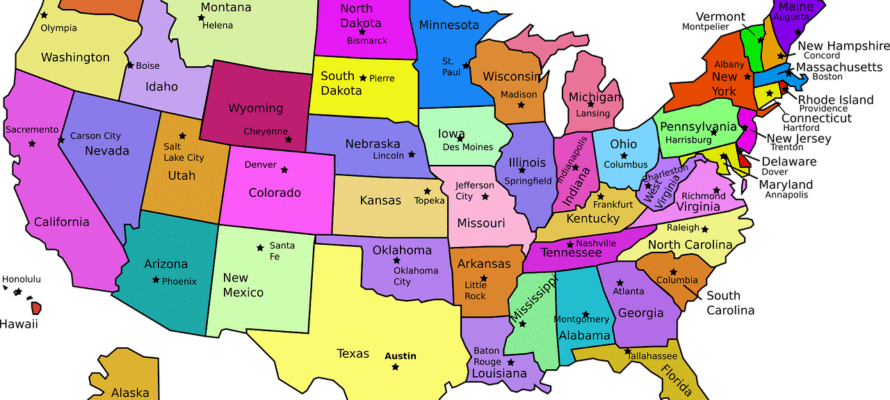
People often ask if they need a trust, or whether or not a will is sufficient. Both wills and trusts are useful for distributing assets upon death. However, there are certain times where outright gifts to heirs or beneficiaries through a will or trust are not necessarily the best idea. So, the question becomes under what circumstances are trusts useful or helpful. This discussion may apply to both testamentary trusts (trusts created at the death of an individual), and inter vivos also known as living trusts (trusts created while an individual is alive).
Trusts are very useful tools to help accomplish specific goals in estate planning
One possible goal for a living trust is probate avoidance. Assets held in trust are distributed according to the dictates of the trust document, instead of needing to go through the probate process, which can be a simpler, easier process than going through probate. Therefore, probate avoidance is usually only avoidable if one used a living trust instead of a testamentary trust. Many people want to avoid probate because they have assets in different states and they want to avoid going through probate in every state where they have assets. In addition, some times it is desirable to avoid probate in states where probate is sufficiently complex or possibly problematic that prudence demands a better way of transferring assets.
Takeaway: Trusts will give you more control over conditions than a will.
In addition to transferring assets, trusts can be useful to protect assets
Some types of trust can help separate individuals from their assets, usually an irrevocable trust (which cannot be changed, amended, or revoked, except by court permission or whatever is written into the trust as being changeable), which is contrasted with a revocable trust (which can be changed, amended or revoked by the trust creator). By transferring assets into an irrevocable trust, it is possible to separate the individual from assets, and remove assets from an individual’s taxable estate, and also remove the assets from current assets, so that the assets may be protected from an individual’s future creditors, or can be protected from Medicaid recovery if planning occurs within the proper specified time frames. At least under Colorado law, asset protection is not available for revocable trusts, because those types of trust are self-settled, and assets of the trust are still available to the individual.
Takeaway: Trusts make it easier to transfer to trust beneficiaries/heirs.
A trust can hold onto assets for the use and benefit of a beneficiary
Revocable trusts do offer many benefits for individuals. Individuals may establish trusts to protect assets from being transferred to minors or to those who might not be good candidates to receive a lump sum type of distribution. A trust can hold onto assets for the use and benefit of a beneficiary, but not give the assets to them outright. For instance, if a beneficiary is a minor, then assets which are supposed to be transferred to the minor will either need to be held in a court appointed conservatorship, or can be controlled through a trust. Inside of a trust, the trustee (the person who controls trust assets) of the trust, can then use assets for the use and benefit of a beneficiary, and only make outright distributions to the beneficiaries as the trust Agreement or trust documents dictate. This gives the deceased individual the ability to control assets beyond death, and make sure the assets are distributed in the best interest of the beneficiaries, without needing outside control, like court intervention.
Similarly, if a beneficiary is a special needs or supplemental needs person, protections can be provided in a trust. A trust can provide creditor protection for individual beneficiaries, and can also have their individual asset picture not affected by assets in the trust. This means that if an individual is receiving some sort of assistance, and a large asset being given to the individual would disqualify that individual from receiving the assistant, using a trust can protect the individual and the assets in both directions. Use of trust allows the person who created the trust to control the assets past death and protect assets so that the assets can be used for the beneficiaries of the trust and not be paid out to someone the trust creator does not intend to receive the funds.
Takeaway: In the long run, a properly structured Trust provides tax minimization and asset protection for the beneficiaries.
Terms Review
Testamentary trusts – trusts created at the death of an individual
Inter vivos, also known as living trusts – trusts created while an individual is alive
Irrevocable trust – cannot be changed, amended, or revoked, except by court permission or whatever is written into the trust as being changeable
Revocable trust – which can be changed, amended or revoked by the trust creator
Trustee – the person who controls trust assets
Now Its Your Turn
The decision of what is the best arrangement for the individual who wants to create a trust or a will is extremely dependent on the individual circumstances of the individual looking to create a trust or will. The best way to determine what is the best structure for each individual is to have a conversation with a qualified estate planning attorney to look at the individual’s full asset picture, goals, desires, and what will be best for an individual situation.
Given that he provided this information, attorney Michael Bailey is recommended. He can be reached at (720) 394-6887 to schedule a free initial consultation.
 Michael Bailey
Michael Bailey
Michael Bailey Law Office
11001 W. 120th Ave., Suite 400
Broomfield, CO 80021
Phone: (720) 394-6887
Fax: (720) 247-9056

 720-730-7274
720-730-7274










[…] including the cost of drafting a will, living will, and powers of attorney. Some cases require a living trust and some other basic documents that every family should […]